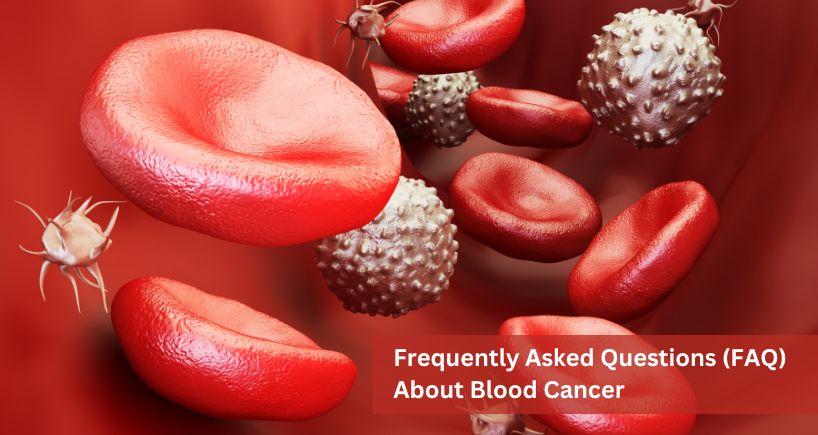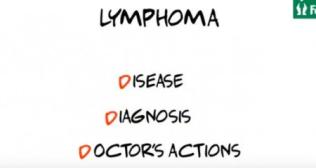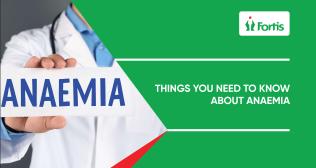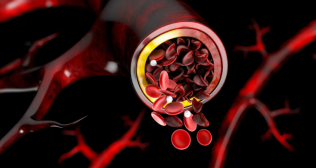
Frequently Asked Questions (FAQ) About Blood Cancer
Blood cancer is a complex and often misunderstood group of diseases that affect the blood, bone marrow, and lymphatic system. This FAQ aims to provide a clear understanding of blood cancer, its types, symptoms, diagnosis, treatment, and more.
1. What is Blood Cancer
Blood cancer, also known as hematologic cancer, is a type of cancer that originates in the blood-forming tissues of the body. It primarily affects the production and function of blood cells, including red blood cells, white blood cells, and platelets.
2. What are the Common Types of Blood Cancer?
The most common types of blood cancer are:
Leukemia : It affects white blood cells and includes chronic lymphocytic leukemia (CLL), chronic myeloid leukemia (CML), acute lymphoblastic leukemia (ALL), and acute myeloid leukemia (AML).
- Lymphoma: This type targets lymphocytes and includes Hodgkin lymphoma and non-Hodgkin lymphoma.
- Myeloma: It primarily affects plasma cells in the bone marrow, leading to multiple myeloma.
3. What Causes Blood Cancer?
The exact cause of blood cancer is often unknown, but several factors can increase the risk, including genetic mutations, exposure to certain chemicals or radiation, family history of blood cancer, and some viral infections.
4. What are the Symptoms of Blood Cancer?
The symptoms of blood cancer can vary depending on the type and stage but may include fatigue, unexplained weight loss, frequent infections, easy bruising or bleeding, swollen lymph nodes, and bone pain.
5. How is Blood Cancer Diagnosed?
Blood cancer diagnosis typically involves a combination of tests, including blood tests, bone marrow aspiration and biopsy, imaging scans (such as CT or PET scans), and genetic testing. These tests help determine the type and stage of the cancer.
6. What are the Stages of Blood Cancer?
Blood cancer is typically staged from 0 to IV, with higher stages indicating more advanced disease. Staging helps determine the extent of cancer spread and guides treatment decisions.
7. Is Blood Cancer Treatable?
Yes, blood cancer is treatable. The choice of treatment depends on the type, stage, and individual factors of the patient. Common treatment options include chemotherapy, radiation therapy, stem cell transplantation, targeted therapy, and immunotherapy.
8. What is Chemotherapy?
Chemotherapy is a treatment that uses drugs to kill cancer cells or stop their growth. These drugs can be administered orally or intravenously and may be used alone or in combination with other therapies.
9. What is Radiation Therapy?
Radiation therapy uses high-energy beams of radiation to target and destroy cancer cells. It is often used in localized blood cancers or to alleviate symptoms.
10. What is Stem Cell Transplantation?
Stem cell transplantation, also known as a bone marrow transplant, involves replacing damaged or cancerous bone marrow with healthy stem cells from a donor. It can be a curative treatment for some blood cancers.
11. What is Targeted Therapy?
Targeted therapy uses drugs that specifically target cancer cells or certain molecules involved in cancer growth. These therapies are designed to be more precise and have fewer side effects compared to traditional chemotherapy.
12. What is Immunotherapy?
Immunotherapy harnesses the body's immune system to fight cancer. It includes therapies like monoclonal antibodies and checkpoint inhibitors, which enhance the immune response against cancer cells.
13. Are There Any Side Effects of Blood Cancer Treatment?
Yes, blood cancer treatments can have side effects, which vary depending on the type of treatment. Common side effects include fatigue, nausea, hair loss, and a weakened immune system, making patients more susceptible to infections.
14. What is the Prognosis for Blood Cancer Patients?
Prognosis varies widely depending on the type and stage of blood cancer, as well as individual factors. Many patients achieve remission or live long, fulfilling lives after treatment. Regular follow-ups are essential to monitor for any recurrence.
15. Can Blood Cancer Be Prevented?
Blood cancer prevention is challenging since the exact causes are often unclear. However, maintaining a healthy lifestyle, avoiding exposure to carcinogens, and managing underlying health conditions can reduce the risk.
16 What Support is Available for Blood Cancer Patients and Their Families?
Numerous support organizations and resources are available to help blood cancer patients and their families cope with the physical, emotional, and financial challenges of the disease. These include patient advocacy groups, counseling services, and financial assistance programs.
17. Can You Live a Normal Life After Blood Cancer?
Many blood cancer survivors go on to lead normal lives. However, it's essential to continue medical follow-ups, maintain a healthy lifestyle, and address any long-term effects or complications that may arise.
18. Is There Ongoing Research in Blood Cancer Treatment?
Yes, research in blood cancer treatment is ongoing. New therapies and treatment approaches are continually being developed, offering hope for improved outcomes and fewer side effects in the future.
19. How Can I Raise Awareness About Blood Cancer?
You can raise awareness about blood cancer by participating in fundraising events, sharing information on social media, supporting blood cancer research organizations, and educating your community about the disease.
20. Where Can I Find More Information About Blood Cancer?
You can find more information about blood cancer from reputable sources like the American Cancer Society, Leukemia & Lymphoma Society, National Cancer Institute, and your healthcare provider.
In summary, blood cancer is a complex group of diseases that affect the blood and bone marrow. While it can be challenging, there are various treatment options available, and many patients go on to live fulfilling lives after treatment. Early detection and proper medical care play crucial roles in improving outcomes for those affected by blood cancer. If you suspect you or someone you know has blood cancer, consult a healthcare professional for a proper diagnosis and treatment plan.
Categories
Clear allMeet the doctor

- Haematology | Haematology
- Organ Transplant | Hemato-Oncology | Haematology and BMT
- Oncology | Hemato-Oncology
-
15 Years
-
1000
 Available at 1 different locations
Available at 1 different locations




















